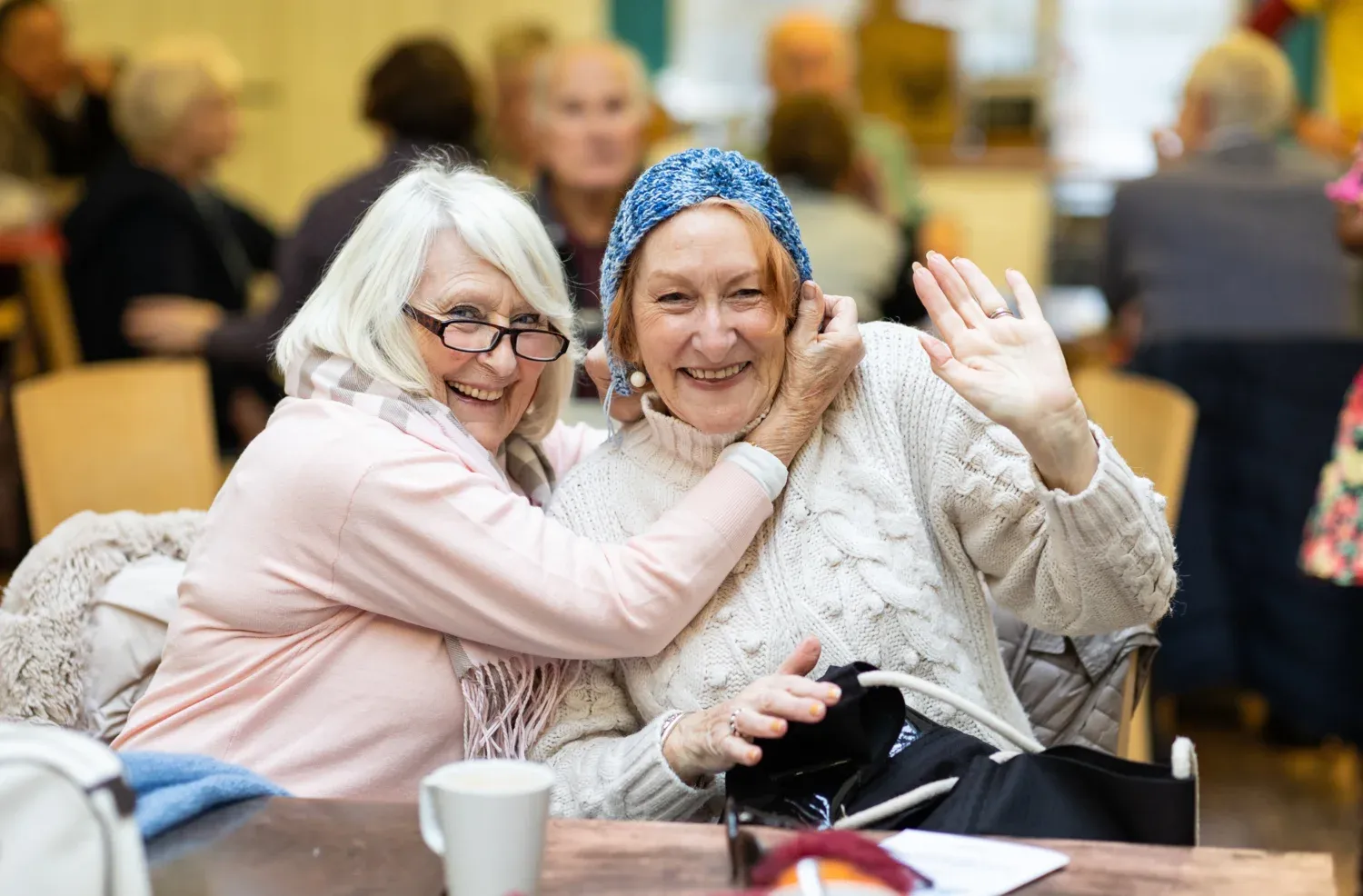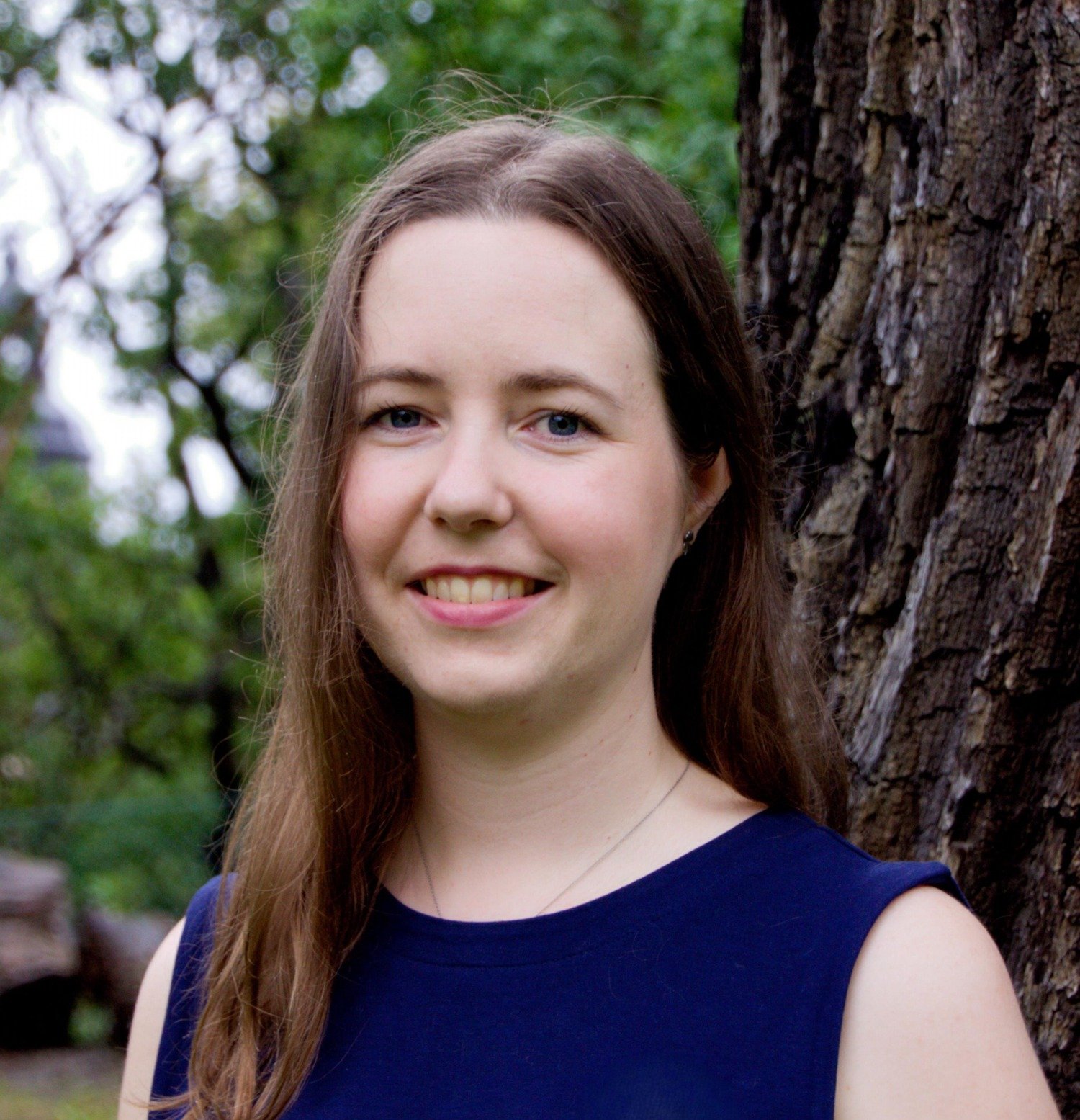Thesis on how social relationships shape life in old age

People today live longer than ever before. They also reach old age with more peers still alive and smaller families. Still, individuals over 80, who make up the fastest-growing age group in the population, are often not included in studies. This thesis examines how social life has changed over time in old age and how social connections are related to wellbeing.
We asked Erika Augustsson, doctoral student at the Aging Research Center (ARC), Department of Neurobiology, Care Sciences and Society, to tell us what her thesis is about.

”Our lives are shaped by the influence of friends, family, and partners, and these social connections remain important as we age. Today, more people are reaching their 80s and 90s, benefitting from better physical health and more contemporaries still alive compared to previous generations. Despite this, the oldest adults are frequently neglected in research. Public discussions often emphasise loneliness and depict later life as a period of isolation. In contrast, this thesis explores how social relationships evolve in advanced age and highlights their ongoing significance for older adults.”
What are the most important findings?
“Today’s older adults typically enjoy more active social lives and participate more in leisure and culture activities compared to earlier generations. While they have generally also kept in more regular contact with friends throughout their lives, this pattern does not always continue into advanced old age. Maintaining social connections can become increasingly difficult due to health and mobility issues, with persistent mobility limitations often leading to greater feelings of loneliness. Different relationships also serve various purposes: in the later years, partners frequently offer daily companionship and emotional support, though they can also be a source of difficulty or strain.”
What do these findings show and what does it mean?
“Overall, my thesis shows that people born more recently are ageing with enhanced opportunities to engage socially compared to past generations. Yet, when reaching very old age, deteriorating health and personal losses continue to pose significant barriers to maintaining social connectedness."
“Staying connected in old age depends not only on personal motivation but also on the environment that supports it. Friends and family who take the time to reach out, organisations that make activities accessible, and policies that promote participation and inclusion can all help older adults maintain meaningful connections, even when health deteriorates."
What does the future hold for you?
“I hope to continue working with this incredibly important group, exploring historical trends and ways to support meaningful social connections and reduce loneliness in later life.”
Erika Augustsson is defending her thesis on 12 December 2025.
